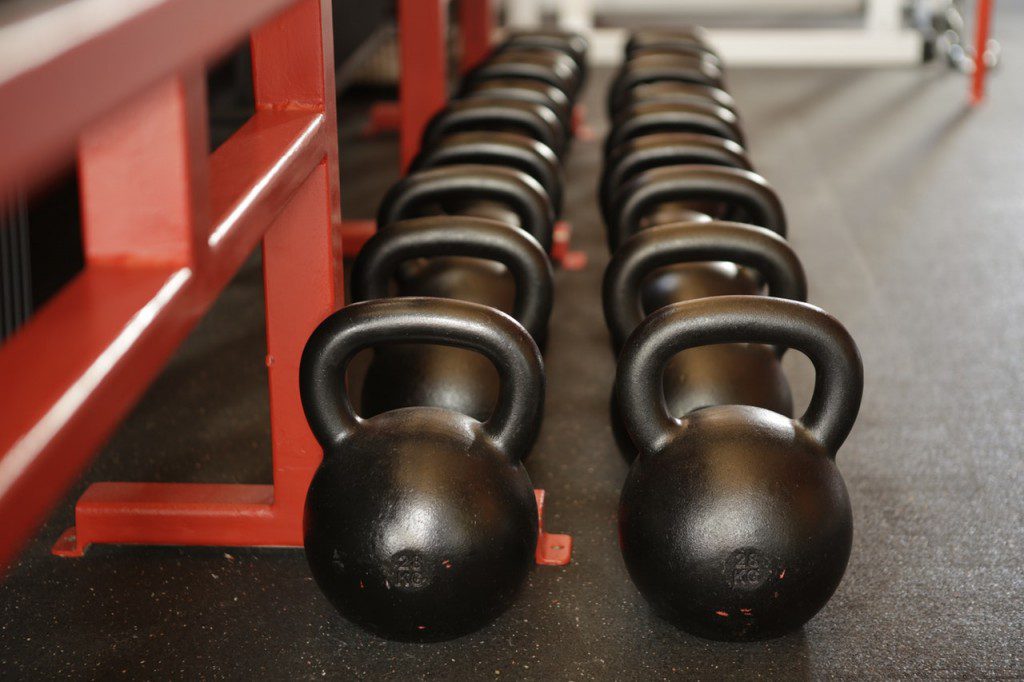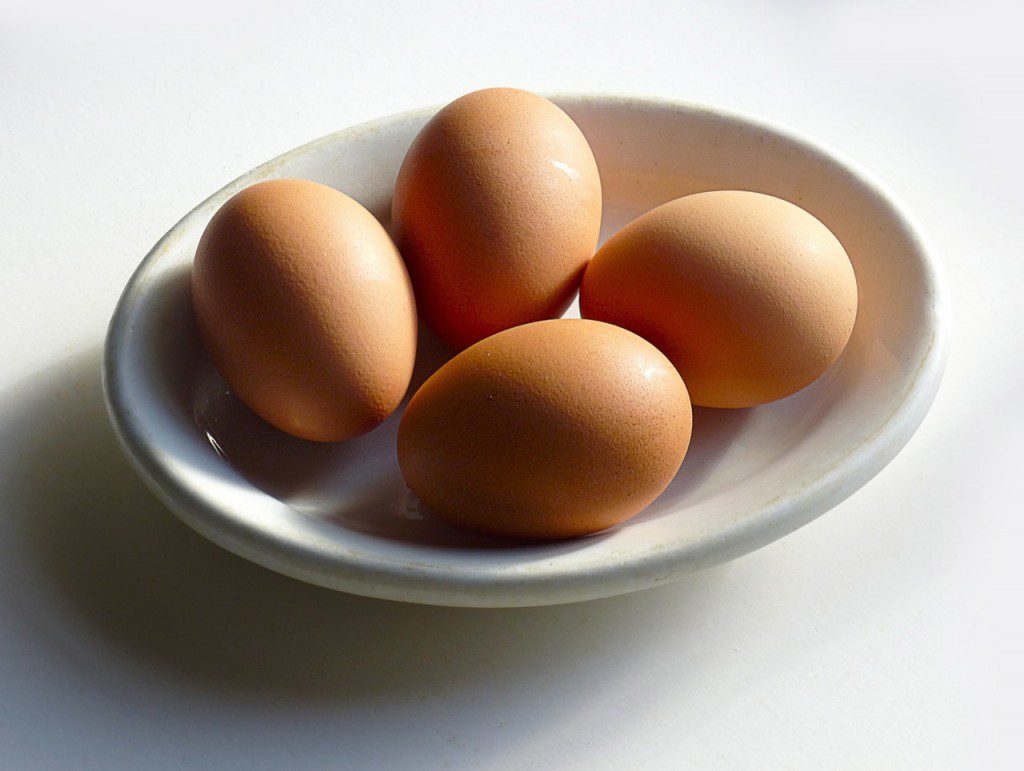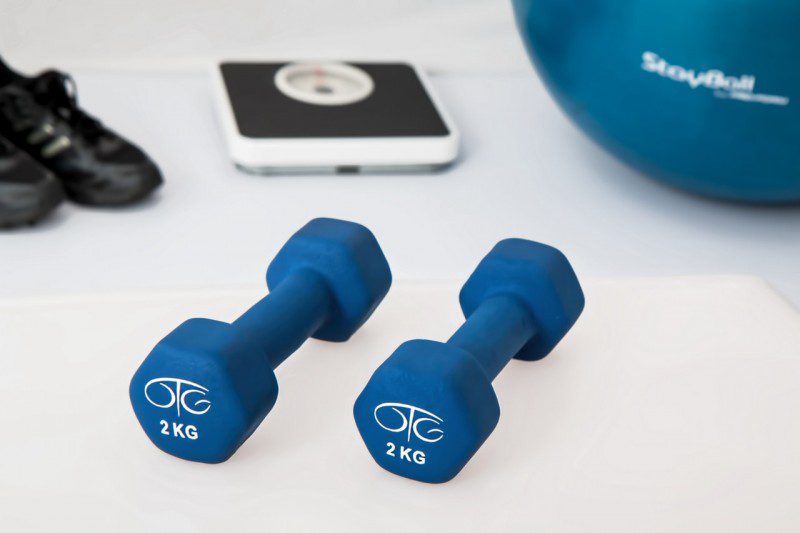In recent years, the fitness space has focused a lot of attention on supplementation. It’s no surprise given that yearly sales of various supplements range in the hundreds of millions. If we zone in a bit further, perhaps one of the most popular areas is protein. If you go to a gym, you’ve no doubt heard the conversations on the floor and seen protein shakers accompany many on the gym floor. Protein is a hot topic right now and protein powder specifically has its place in certain circumstances. When should I take protein powder? And furthermore, with so many different types of protein on the market, how do you know which to choose? Are some better or more appropriate than others?
In this blog post, we will look at when protein powder might be useful to add to your diet. Following that, the post will dive into the different types of protein available on the market.
What is protein powder?
At its most basic, protein powder is a type of supplement which benefits the user by providing a high amount of protein (go figure). Protein is one of three macronutrients (carbs and fats being the other two) found in foods like eggs, poultry, fish, beans and legumes. We need protein for a number of reasons but specifically, proteins are considered the building blocks of the body. When it breaks down into units called amino acids, they help with repair and cell renewal in the body. We also hear most of the conversation revolve around fitness and sport because protein is responsible for muscle synthesis i.e. the essential amino acids in protein increase muscle protein synthesis in response to food intake.
The Research on Protein
Protein is a popular macronutrient with a wealth of research behind it. For reference, we have discussed protein from a practical sense for pre and post workout here and here. Here are some more research-based statements to add to the latter:
- Whole food or protein powder: This article mentions a research paper that compared whole food protein and supplemental protein and the impact on body composition. Both groups in the study showed improvement suggesting that you can take your pick and choose whichever you prefer. However, from a functional perspective, our recommendation will always fall on getting protein from whole sources first.
- How much? Protein requirements vary based on age, activity level and fitness goal among other things. But protein is also an essential macronutrient, meaning we cannot make it in the body nor can we survive without it. While the RDA suggests we need only get 10% of our calories from protein to survive, this is a very low dose. In comparison, the current scientific consensus for bodybuilder is that intake should be set somewhere between 1.2-2.2 g/kg to allow adaptation to training for athletes whom are at or above their energy needs. For the general public 0.75 g/kg is a good guideline for your daily intake. So if you eat three meals with protein, divide that number by three and that’s your guideline per meal.
- Research has shown that a diet higher in protein can lead to both more muscle gain and less stomach fat compared to diets lower in protein. BUT this does depend on caloric intake and there are always exceptions to factor in!
- Protein is the most satiating of the three macronutrients.

When should I take protein powder?
The advantage of taking a protein powder, therefore, is the convenience of getting access to a dense amount of protein in a convenient form. Other than that, there is no benefit over whole food! So if you want to know if you need to take protein powder, the answer is no. But it is important to get enough protein in your diet to not only help with muscle repair/synthesis but also for immune and hormone function. Some reasons you might consider investing in a powder might be if you live a busy life and need quick and easy meals which you preferably can eat on the go or perhaps if you train a lot and need liquid calories/protein to help with muscle retention/repair/growth.
Concentrate vs Isolate vs Hydrolysate
When it comes to whey protein, you might have heard three terms: concentrate, isolate and hydrolysate. Concentrate and isolate refer to the percent amount of protein in the powder. Whey protein concentrate has about 30 – 80% protein purity while whey protein isolate has around 90% protein purity
Concentration is a process that uses high heat and acid extraction. With isolate, the idea is to separate the protein from the other carbohydrates, fats, fibre etc. Hydrolysis is like pre-digestion where the protein is exposed to heat, acid or enzymes to break apart the amino acids. This means that the finished product is not only concentrated but also easier to absorb.

Types of Protein Powder
Protein powder can be derived from a number of sources as listed below. In addition to this, most products are then also fortified with vitamins and minerals or supergreens and even fibre. This is why protein powders also fall into the category of meal replacement. If you’ve ever tasted plain protein powder, you will know that it isn’t the nicest of tastes. So most manufacturers refine the powder even more by adding various artificial flavours.
Different types of protein require different processing methods. Below is a list of the different kinds of protein you can choose from.
- Milk-derived: whey and casein protein. Highly researched. Contains lactose.
- Soy: 100% plant-based but can be made from GMO soy and/or contain anti-nutrients.
- Hemp: 100% plant based
- Pea: 100% plant based
- Rice: 100% plant-based but can be made from GMO rice.
- Egg: made from egg white. Low to no fat.
Product Quality
If you are going to purchase a protein powder supplement and add it to your daily diet, quality is a key factor to consider. The supplement industry is littered with products, each with their own promises. But these products are also not regulated and many promise the world but fall short when it comes to the ingredients list. You have to ask, is what’s on the label in the bottle and vice versa; is what’s in the bottle listed in full on the label? There are some independent bodies that carry out testing on products. Examine.com and Labdoor.com are two good starting points.
Why the variety of your protein matters?
There are 22 amino acids that combine in different groups to form proteins that we then consume. Of those 22, 9 are essential meaning we cannot make them in the body and need to consume them from food. So not all protein is equal. Protein is made up of various chains and combinations of 20 amino acids. Some protein sources contain the full profile of essential amino acids and are called complete while others only have some and are therefore referred to as incomplete proteins. For the most part, animal sources are considered complete while the majority of plant-based sources are incomplete. Therefore, if you are vegetarian or vegan, you need to be more conscious of this as plant-based sources tend to be incomplete sources of protein. One way to manage this is to get a variety of protein sources.
When should I take protein powder? Hopefully, this article has shed light on the answer. Of course, the more advanced the athlete, the more nuanced the diet becomes and all of the above starts to get more and more technical. Maybe for discussion in a later post. For now, the material in this blog should provide plenty of food for thought.
Further Resources:
- Danny Lennon talks about protein dose.
- Evidence-based recommendations for natural bodybuilders
- Examine.com
- Labdoor.com











